Judge these books: The Secret Barrister on the best books about law
Judge these books: The Secret Barrister on the best books about lawon May 31, 2021
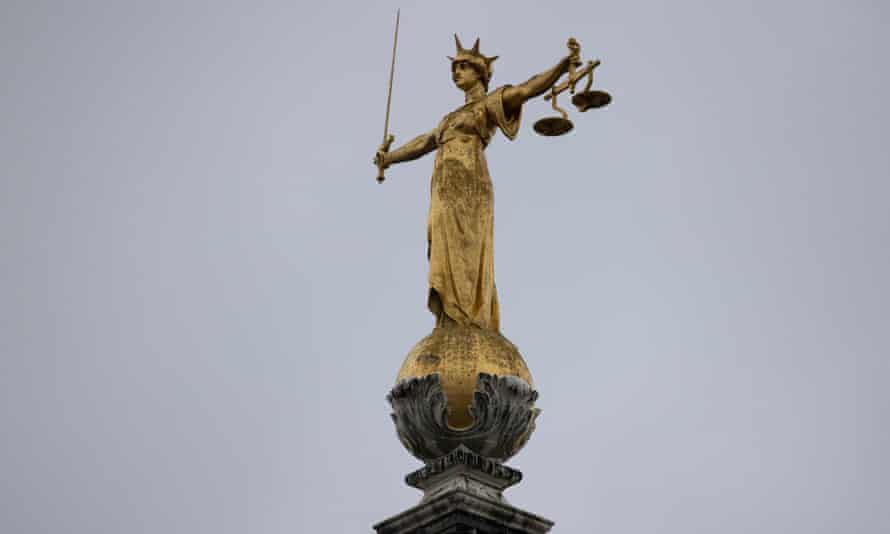
No lawyer has a comprehensive knowledge of the labyrinthine law of our land, so quite how a member of the public is expected to understand all of the rules that bind us has long been a mystery to me. Nevertheless, even if the precise letter of the law will always be held captive by the legal profession, there are a number of fantastic books to help the general reader discern the law’s spirit.
The book that has earned the right to sit atop any list of legal books is The Rule of Law by Tom Bingham, the former lord chief justice. It explores a principle that underpins not merely the legal system, but the edifice of our democracy. Offering a definition of the principle as “all persons and authorities within the state, whether public or private, should be bound by and entitled to the benefit of laws publicly made, taking effect (generally) in the future and publicly administered in the courts”, Bingham charts with absolute clarity the historical development of the rule of law, how it works in practice and, most importantly, why it matters.
When the rule of law collapses, cases such as that of Josef K in Franz Kafka’s The Trial escape the realm of dystopian fiction and materialise as living, breathing miscarriages of justice. The notion that a private citizen can be prosecuted on undisclosed charges and tried in secret courts by government officials is not the preserve of early 20th-century authoritarianism, but represents explicit 21st-century policy in a number of states in which governments are eroding the rule of law to bolster executive power.
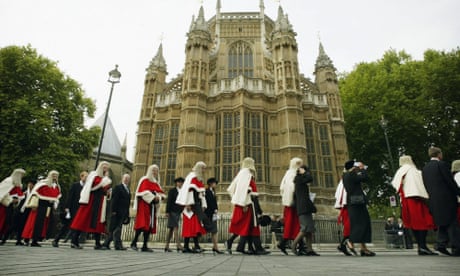
The importance of an independent judiciary in upholding the rule of law is spelled out superbly by Joshua Rozenberg in Enemies of the People? Taking the famous newspaper headline of 2016, when judges who ruled against the UK government were subjected to a concerted political and media attack, this book considers a number of high-profile decisions of our senior courts and examines whether the popular criticism of “activist” or “politicised” judges stands up to scrutiny.
For a window on to the everyday reality of our justice system, you will struggle to find better written or more insightful accounts than In Your Defence by Sarah Langford and In Black and White by Alexandra Wilson. Langford paints honest and often heart-breaking portraits of the people she has represented in the criminal and family courts, rendering their stories in gorgeous prose that reads like compelling fiction. Wilson is a junior criminal and family law barrister in the early years of practice, who also shares stories of those pulled into the justice system, but from the unique perspective of a young mixed-race woman who felt a calling to the law after a friend was murdered as a teenager. The truths that she exposes about race and class are as powerful as they are uncomfortable for the legal profession.
Finally, to understand why so often we see law and justice veering away from each other, Why We Get the Wrong Politicians by Isabel Hardman is indispensable. As one of Westminster’s best-connected and most insightful political journalists, Hardman reveals the depressing reality about those we elect to write our laws. In particular, how rarely our MPs even read the legislation they vote on, let alone understand the consequences, explains much about the state of our political and legal culture – a culture in which a politician promising a “tough new law” is the panacea to every social ill, while rarely, it seems, making anything any better.

.jpg)







.jpg)
.jpeg)
.jpg)
.jpg)



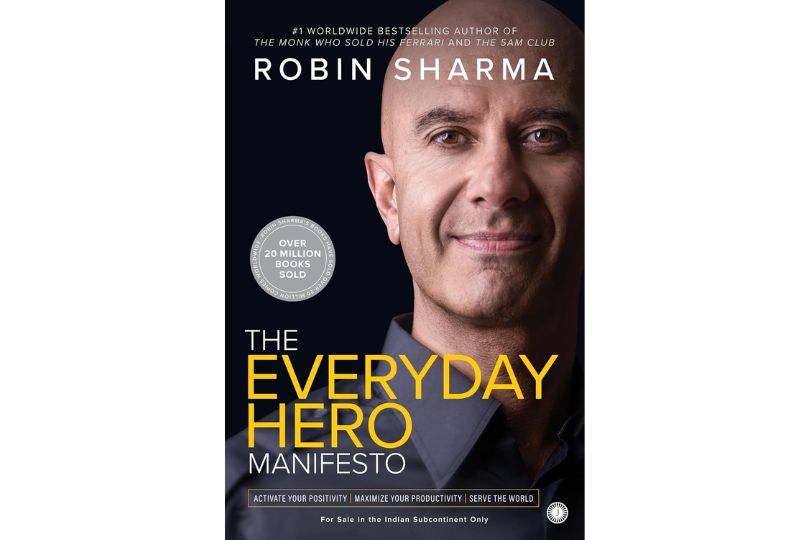

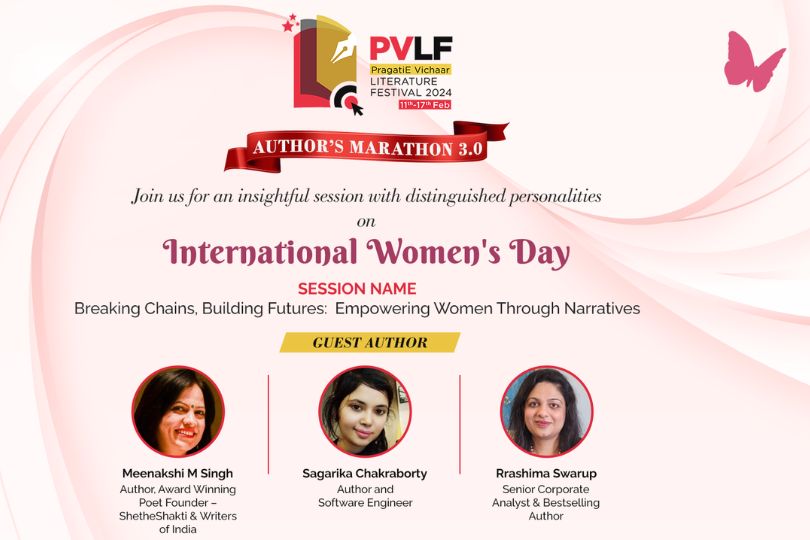
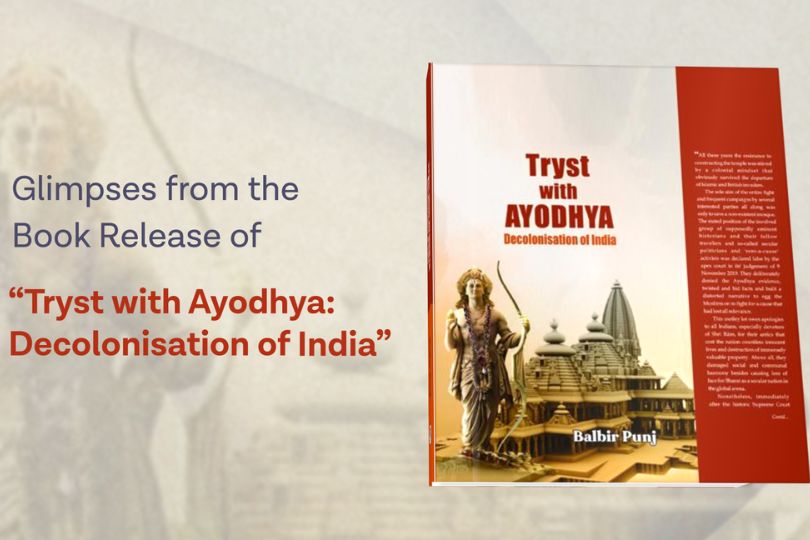








Sorry! No comment found for this post.